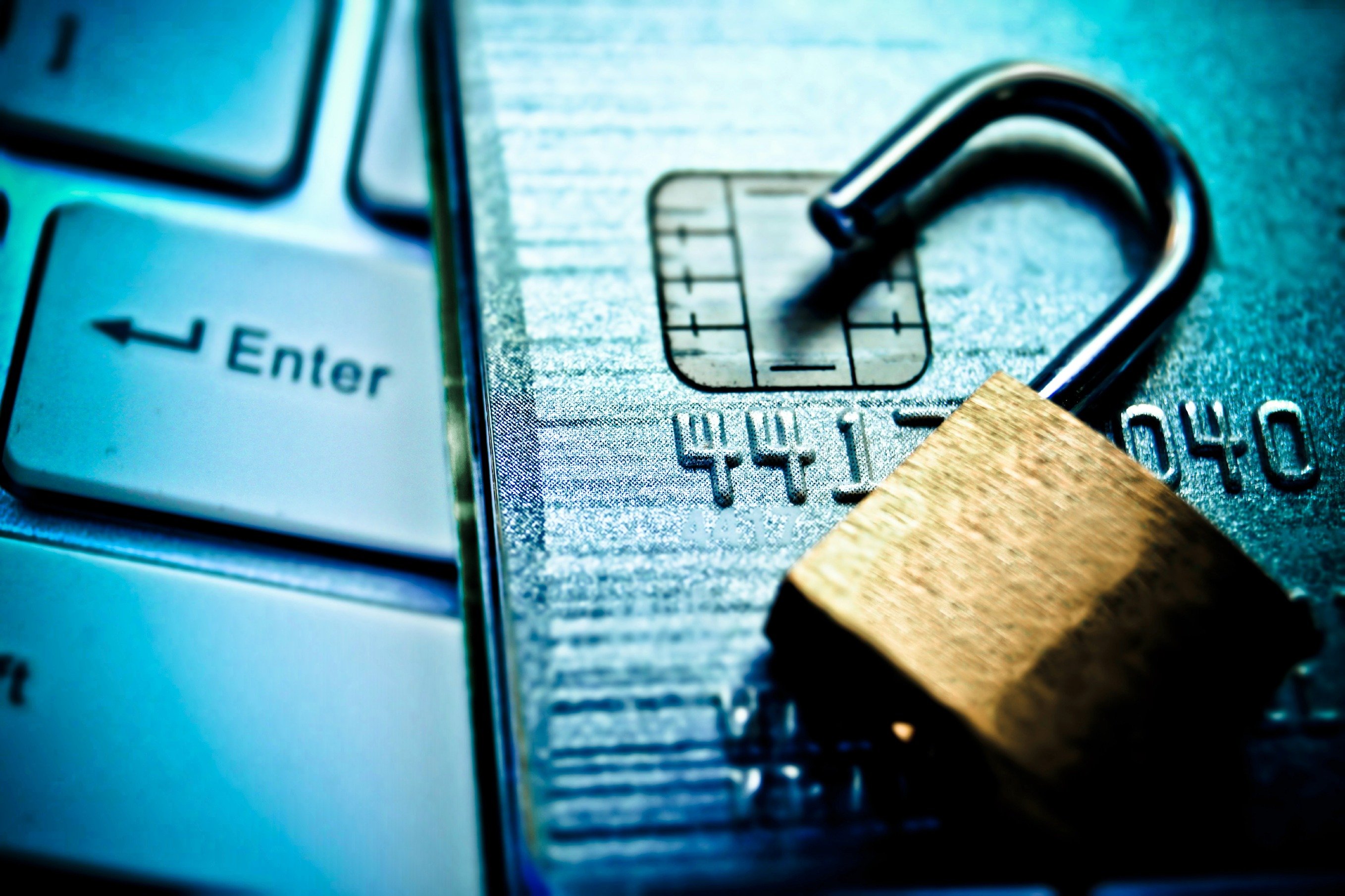
Why Payment Security Should Come First
The decisions about how to process payments electronically is a difficult one. With the ever-changing technology of both hardware and software, the continuously evolving habits and demands of consumers, and all of the “moving parts” of transactions, making these choices can become overwhelming. Despite all of the complexities of choosing the right POS terminals or the latest software for an industry, security should always be top of mind. Accepting and processing payments is one challenge, but protecting them is an even bigger one. As a provider of payment processing, it's important to make sure your customers and their businesses are protected from fraud and educated about risks. When you are able to provide payment processing that's both reliable and safe from hackers, gaining trust from potential customers and new business owners will be much easier.
Understanding the Numbers
In 2010 there were around 609.8 million credit cards in the United States alone, and in 2008, around 80 percent of the 285 million total records that were breached were payment card information. In 2015 alone, there were 781 data breaches in the United States, and over 169 million records exposed. As long as there is anything to be gained from hacking into the databases of various businesses and organizations, fraudsters will continue to do so. What is even worse than the sheer amounts of data that is stolen or compromised is the amount of money that these breaches cost their victims, businesses and consumers.
The Risk Continues to Evolve
It is a fact that new payment processing technology like mobile POS and even ecommerce are exciting and often improve the way that business is done. However, these new devices and systems also often present new opportunities to the entities looking to steal data and financial information. When investing in the industry’s latest POS device, make sure that it’s protected from any kind of data breach. The same rule stands for software as well as hardware. Although having the ability to perform any number of different functions on a POS is ideal, it’s important be sure that all of your payment transaction information is protected at all times.
With the amount of consumer data that has already been exposed, purchasing consumer records is easier than ever. Hackers and thieves make fraud into business plans and are always hard at work. It’s no longer enough to implement one cyber security plan and only periodically revise, the breach and theft prevention efforts should not only keep up with hacker developments but actually be a couple steps ahead. Luckily, just as fast as the POS terminals themselves are changing, so is the technology to prevent security breaches. The payment processing industry, especially those involved with security, are constantly finding ways to innovate and define new standards to keep up with these continuous efforts by hackers and thieves.
Cyber Hygiene is Contagious
Because most businesses interact with third parties in one way or another, there are often software integrations between multiple entities. This not only helps the flow of business, but also introduces more risks for data breaches. When one company fails to protect consumer information, the systems they are connected to are also often compromised. This theory also works both ways. If a business values PCI compliance, they will ensure that the third parties they work with are maintaining the same level of security.
Good Security Saves Money
When data breaches happen or there is fraudulent activity at a business, the organization then takes on some responsibility in the incidents. By implementing the proper security measures, businesses avoid the risk of acquiring fines, legal fees, and other financial liability that comes with financial data emergencies.
Protecting Consumers Builds Your Business
Consumers want to spend their money with businesses that they can trust, no matter what kind. From food to healthcare, consumers go to great lengths to make sure that they are only giving money and information to organizations they know have their best interests in mind. If an individual’s (or multiple individuals’) personal information is compromised in the hands of a business, they will naturally lose faith in the business, which translates to lost business. What’s worse, is this distrust will have a ripple effect and the business will have a hard time recovering from the negative image. When businesses make a great effort to protect their customers and people know their information is safe, business will continue to flourish.
